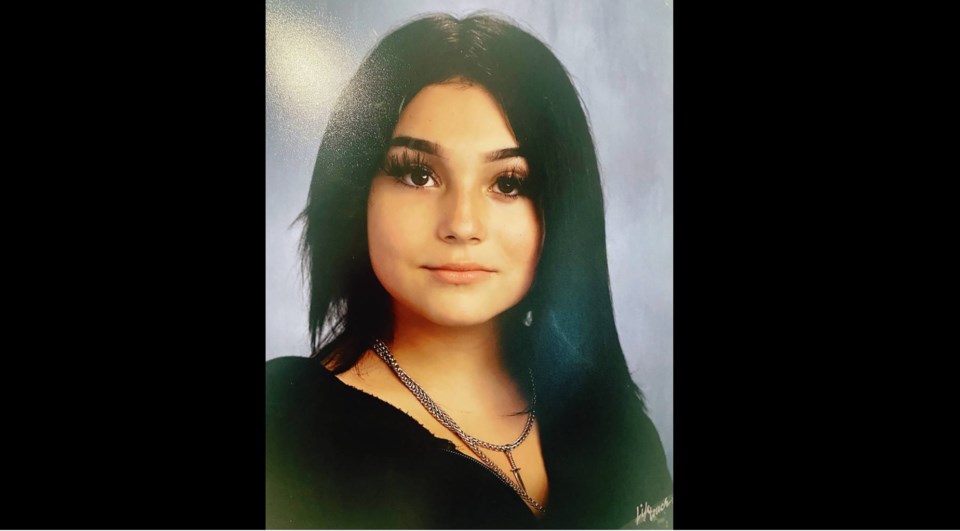On the heels of the drug death of a 12-year-old girl, B.C. Premier John Horgan said Tuesday a proposal to keep youth in hospital involuntarily up to seven days after an overdose will return to the legislature once consultation is completed.
“It is coming back, and I wish that it had passed in the last parliament,” said Horgan. “I’ve been pretty clear about that.”
Bill 22 was paused last year when the B.C. Greens wouldn’t support it.
“It’s inconceivable, as a parent, to think of a 12-year-old being addicted to opioids and losing their life as a result of an overdose, when we could have taken steps to avoid that,” said Horgan. “If we have access to medical care, we should make sure that everyone gets that medical care. I firmly believe that.”
Grade 6 Gordon Head Middle School student Allayah Thomas died in her friend’s Langford home on April 14 after taking what her mother said was heroin and fentanyl. The BC Coroners Service and RCMP are investigating the death.
It was Allayah’s fourth overdose, said mother Adriana Londono. Londono said her daughter was sent home the same day after her first two overdoses in recent months, and after the third, she was hospitalized for a week in the mental-health ward of Victoria General Hospital “but was not given any help related to her addiction.”
Allayah and her two younger siblings were living with their grandparents in Gordon Head. Her mother had also lived there, but was asked by the B.C. Ministry of Children and Family Development to leave due to a suicide attempt.
Londono said if her daughter had been kept in hospital to allow doctors time to detoxify and stabilize her, involve her guardians, and line her up with rehabilitation and treatment, as Bill 22 was supposed to do, it would have helped.
“It would have given her the time and help she needed without just sending her home with no resources,” said Londono. Allayah was offered counselling but wasn’t interested in weekly meetings with a counsellor. Her mother said her daughter needed long-term residential rehabilitation and treatment.
The issue dominated question period in the B.C. legislature on Tuesday, with Mental Health and Addictions Minister Sheila Malcolmson answering questions directed to the premier.
Malcolmson said she looks forward to the advice of B.C.’s chief coroner and that of the representative for children and youth, who last year criticized the proposed legislation for possibly doing more harm to youth and because there were not enough treatment beds and other supports to release youth into.
Bella Jones, 17, of Nanaimo also died of suspected toxic illicit drugs on Vancouver Island last month.
“We want to know, from the analysis that we’ll receive from them, whether stabilization care would have helped in this to prevent these two deaths,” said Malcolmson. “I’m hungry for that advice and that information.”
The mental health minister said the government is committed to tackling addiction and mental-health problems “while they are still small problems,” adding that includes doubling the number of youth treatment beds and working to build better post-overdose connection to care.
“That’s what last summer’s legislation was intended to do,” said Malcolmson.
The government needs to understand what services were offered and “how it is that young people still continue to fall through the cracks, despite the number of new supports that we have added in the time that we’ve had in government, and whether the investments that we have planned ahead are going to be adequate to continue to respond to the increased toxicity in drugs that’s been caused by the pandemic.”



